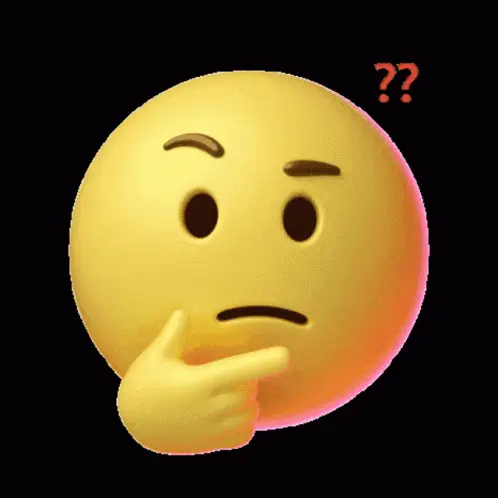
Rhetorical Questions: Why Do We Use Them?
I know I’m not the typical audience for a presentation or pitch. Unlike most people, I listen to people presenting ideas for a good part of every day. As a result of this exposure, I’ve developed some pet peeves when it comes to common delivery choices. One item at the top of this list is the rhetorical question. Why do they bother me, you may ask? Well, here are some reasons why:
1) We risk sounding pedantic when we pose a question and then answer our own question. One thing audiences do not appreciate is being made to feel dumb. Using rhetorical questions can bring us back to school days (Bueller? Bueller?) and many are not eager to return.
2) Rhetorical questions generally serve ZERO purpose and act as unsophisticated transitions: “So, how do we accomplish this,” “How are we going to get there,” “What are the elements of this theory,” “What is the timeline for this strategy,” “Why should you care,” etc.
3) Starting with these meaningless questions that offer no time for or interest in an answer from the audience can weaken the strength of what comes after.
Here’s an example of a rhetorical question at the start of a new slide:
“So, what makes us different? Well, we think we offer better service than our competitors in these three key ways . . .”
This approach addresses the differentiators but also deposits the unintended suggestion that we might/should have doubts about it.
Rather, I suggest something like:
“We stand out from other providers in this space by delivering an exceptional, three-part service commitment. Part one: . . .”
This second version sounds more commanding, confident, and leaves little room for questioning.
Also, generally speaking, when we use rhetorical questions, we don’t give our audience any time to reason or ponder. Occasionally, a well-placed question with a proper pause to follow, will allow audience members to consider something without sharing the results of their consideration. Example:
“I’d like to ask you to take a moment and consider: When was the last time you tried something new for the first time?”
In this example, we are letting the audience know that we are not expecting an audible response but we are asking for their consideration and thought around the question for their own use. In other words, the question isn’t really rhetorical anymore, since we are actually asking our audience to answer for themselves.
So, isn’t it time to give this unhelpful practice a rest? (Hint: The answer is yes.)
